The Professor, His Nemesis, and a Scandal at Oberlin
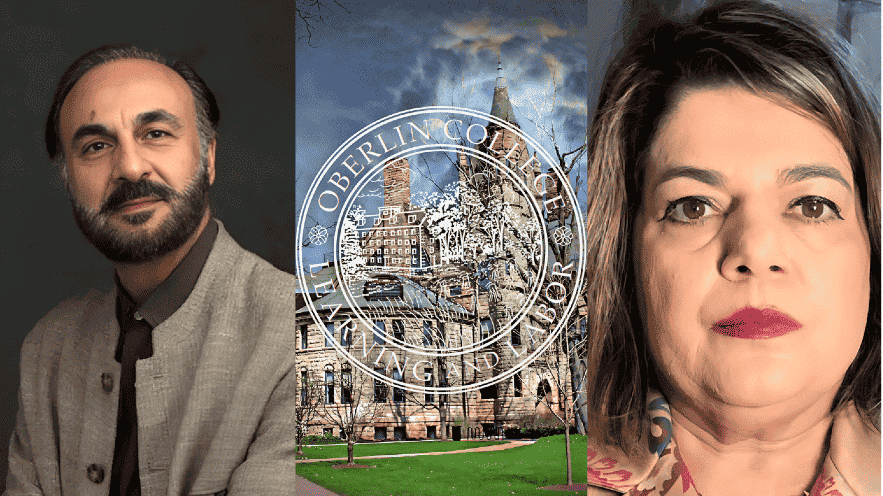
On 28 November 2023, the profile of a tenured professor at Oberlin College disappeared from the school’s website. Only a day earlier, typing Mohammad Jafar Mahallati’s name into the site’s search box returned a page with an extensive biography and links to several of his posts and videos. His photograph was there, too: a bearded […]
Ebrahim Raisi Has Blood on His Hands
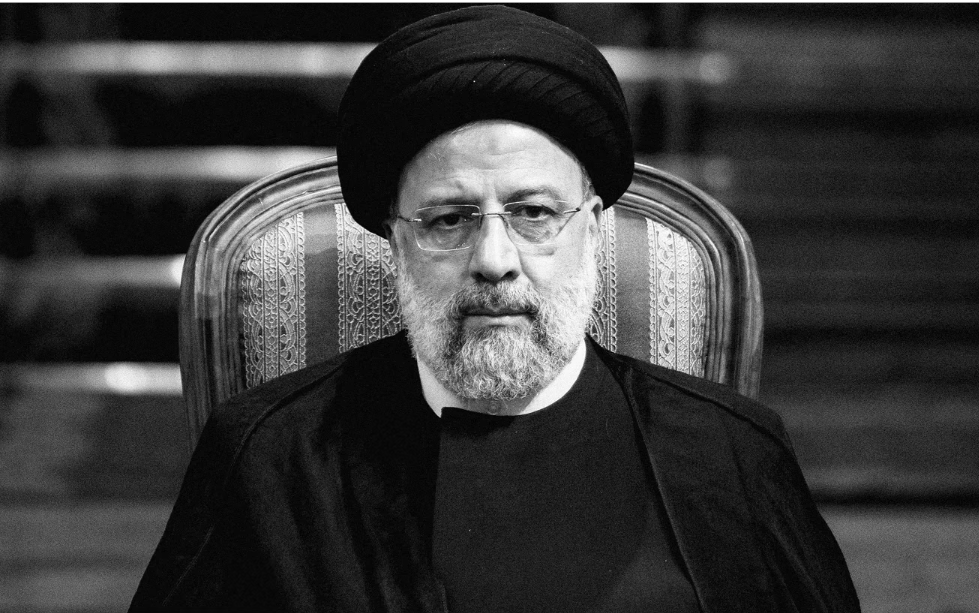
Last week, the Council on Foreign Relations invited me to a roundtable discussion it will be hosting Tuesday with the president of Iran, Ebrahim Raisi, who will be in New York for the United Nations General Assembly. As a longtime member of the council, I wrote back to decline the invitation and published a brief statement about […]
Letter to an Anti-Zionist Idealist
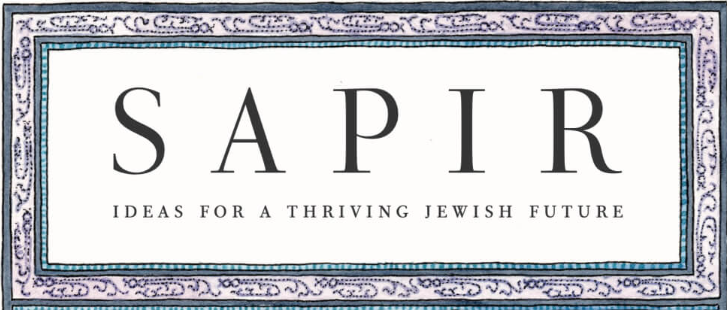
Dear J, If the proper study of mankind begins with man, as the poet Alexander Pope once put it, then it seems reasonable that the proper study of Israel should begin with the Jew. This, by way of permitting myself to stand in as that Jew and start with a personal tale: One afternoon in […]
Justice in Stockholm
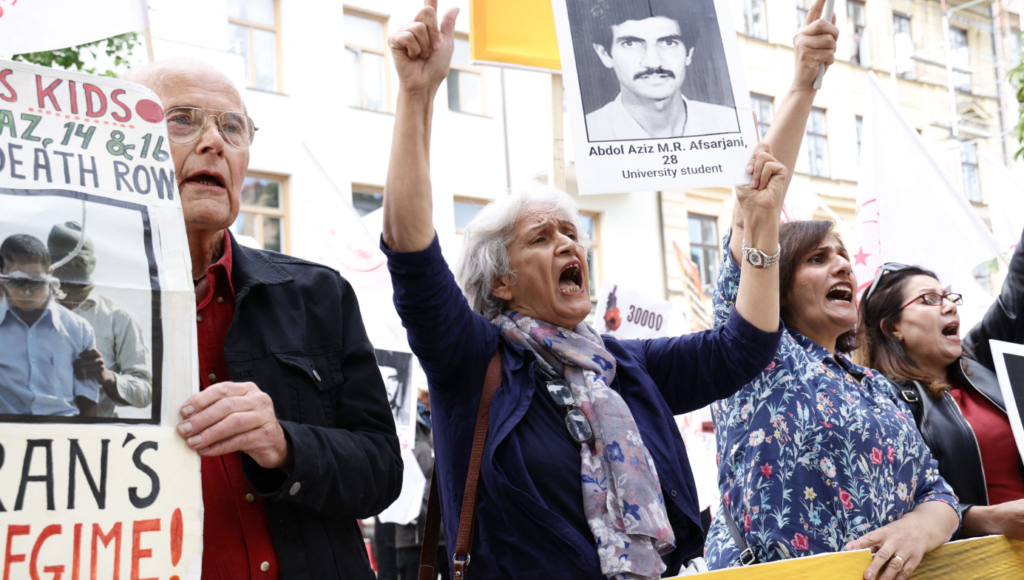
Thirty-four years after the massacre of political prisoners in Iran, the conviction of Hamid Noury in Sweden has been a victory for accountability and for the truth. I. The tale of the dead In January 2023, the Svea Court of Appeal in Stockholm, Sweden, began hearing the appeal of an exceptional case—one dealing with crimes […]
The Real Reason Iran Says It’s Canceling the Morality Police
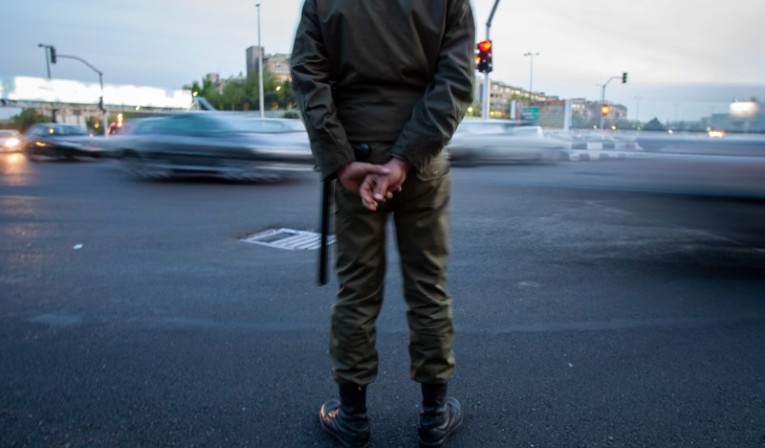
Don’t be fooled that this is meaningful reform. It’s about regime self-preservation. Last week, Iranian Attorney General Mohammad Jafar Montazeri announced that the Guidance Patrol, widely known as the Morality Police because it enforces the Islamic Republic’s laws on personal behavior and dress, will be suspended. Though Montazeri quickly added that the judiciary will continue […]
Why the Iranians’ Fight Is the Same as Ukraine’s
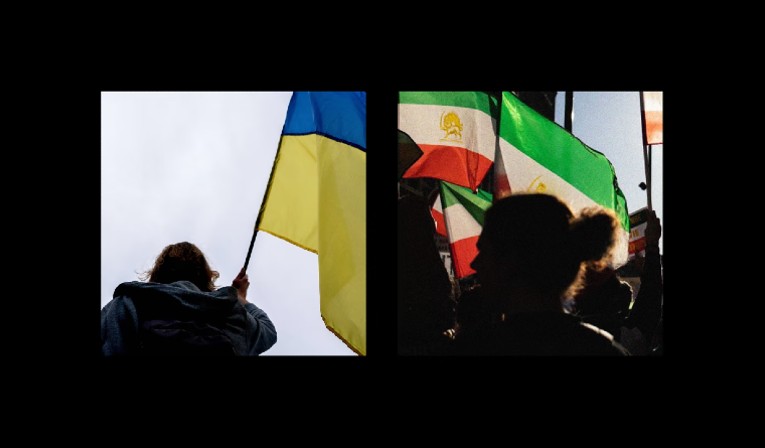
The goal is liberty. The United States should be able to see that. If, at this very moment, George Washington could choose the most rightful heirs to his legacy, I like to think he would pick the people of Ukraine and Iran. As divided as Americans currently are in their great experiment with democracy, Ukrainians […]
The Bonfire of the Headscarves

For Iran’s protesters, the fight for women’s freedom of choice is now synonymous with a desire to end the rule of the ayatollahs.
The Stabbing of Salman Rushdie Renews Free Speech Debates
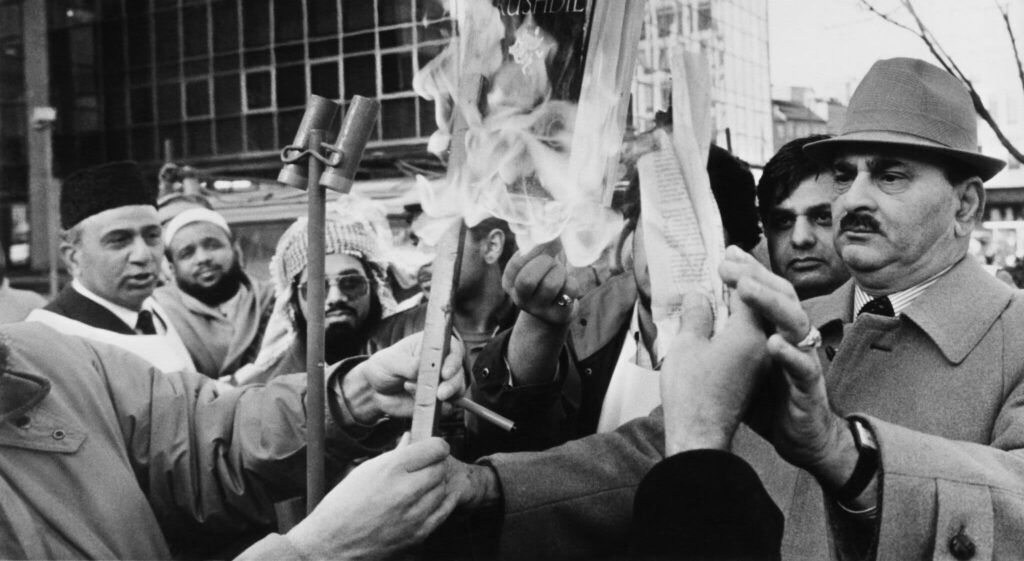
After the attack, Roya Hakakian, an Iranian American writer who in 2019 was warned by the Federal Bureau of Investigation that she had been targeted by Iran, took to Twitter on Saturday to assail what she said was a lack of swift condemnation from U.S. government officials.
Roya Hakakian and How to Speak About What No One Wants to Hear
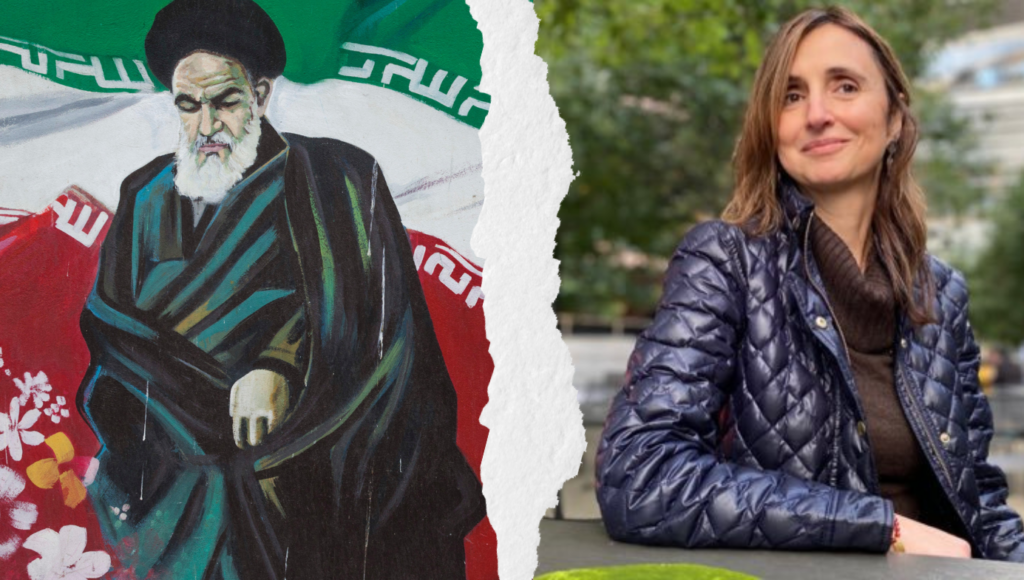
What is a revolution, compared to matters as vast as those? The revolution at hand is, at first, a rumor. The neighbors take to dimming their lights and shouting “Allahu akbar!” at a certain time every evening, in order to participate in a larger Tehran protest against the Shah. In the Hakakian household, “Allahu akbar” makes everyone a little nervous. Then again, not shouting “Allahu akbar” likewise makes everyone a little nervous. Young Roya takes her place within the Jewish Iranian Students Organization. The Jewish students, a solid number of them, are the intrepid enemies of oppression across the board. They are the champions of Palestinian freedom. Ardently they burn for the Iranian revolutionary cause.
To War Criminals Who Believe They Have Impunity, Think Again
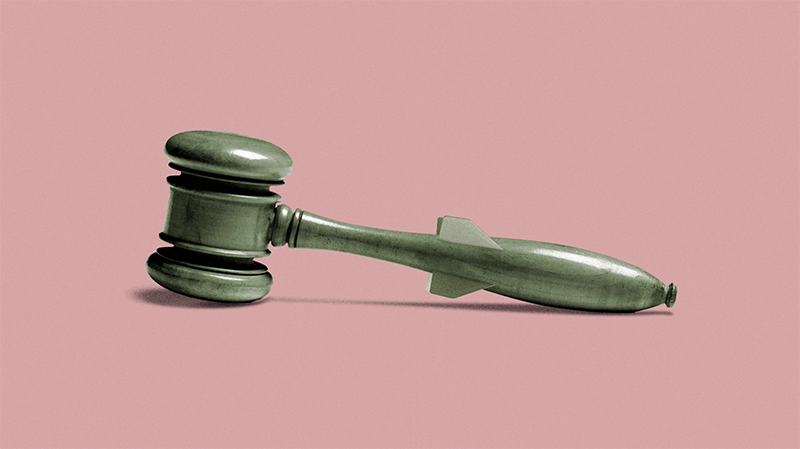
As the Russian army leaves a trail of atrocity in Ukraine, a trial held here this month offers a powerful template for prosecuting war crimes. The Swedish case—involving a former Iranian official accused of participation in the mass murder of political prisoners in the late 1980s—is based on the principle of universal jurisdiction. According to this doctrine, the national courts of any state that has adopted this principle may prosecute someone suspected of grave crimes, no matter where they occurred and irrespective of the nationality of the suspect.